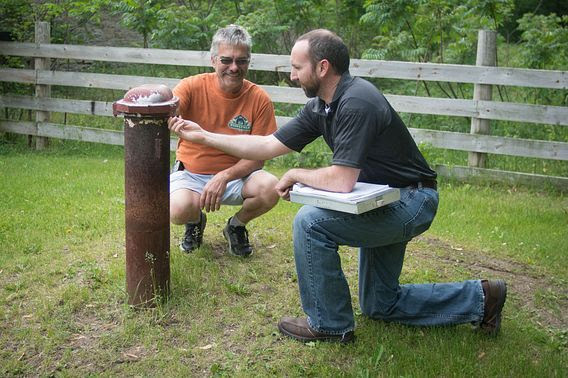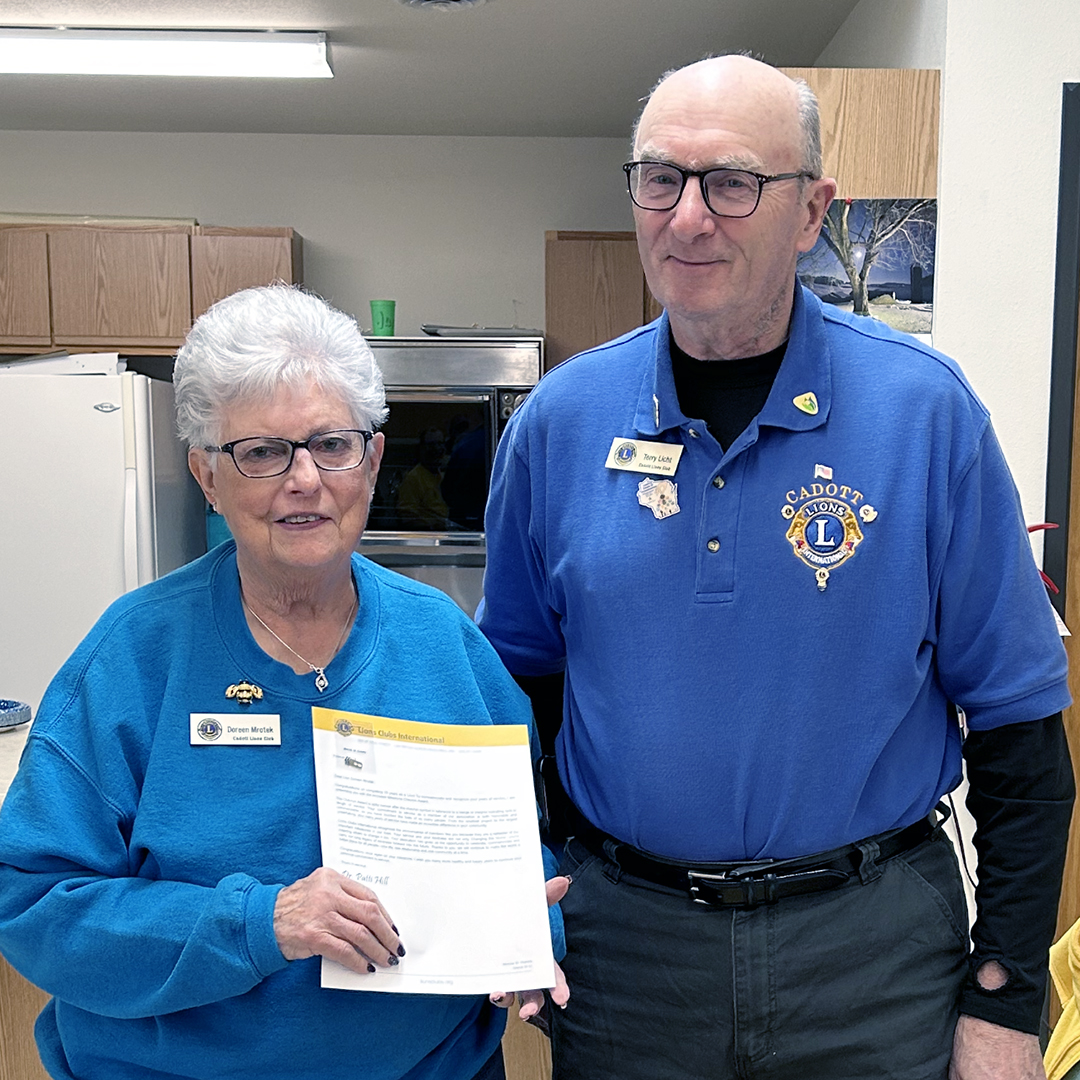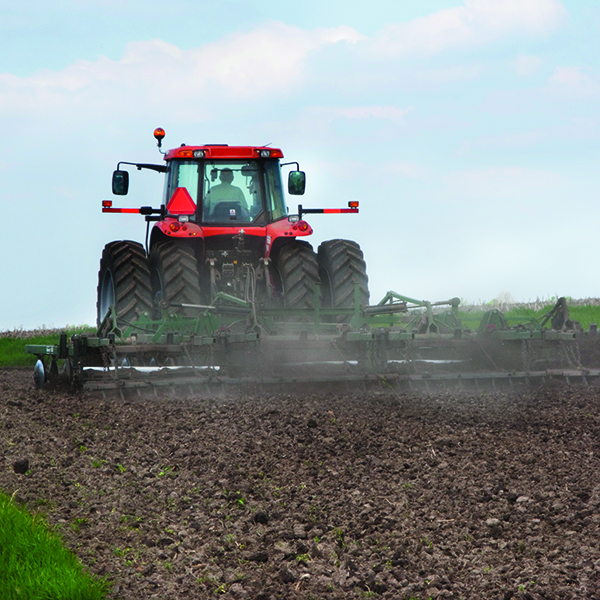Groundwater is essential to everyday life in Wisconsin


Groundwater is a vital resource in Wisconsin, with approximately 70 percent of Wisconsinites, relying on groundwater as their primary source of drinking water. Wisconsin’s groundwater also plays a critical role in supporting the state’s agricultural and tourism economy – irrigating crops, watering cattle, processing various foods, or feeding trout streams and spring-fed lakes.
To make the public aware of its importance, Groundwater Awareness Week takes place March 10-16.
“For many Wisconsinites, groundwater is crucial for providing safe drinking water, as well as serving agricultural and industrial needs in our state,” said McCrea Baker, DNR groundwater section manager. “Increasing awareness of our groundwater will help conserve one of our most valuable resources for current and future generations.”
The following are some ways that everyone can protect and conserve groundwater:
• Private well owners should test their well water at least once a year, tend to any maintenance needs and treat their water, if necessary.
• Properly recycling paper, plastic, cardboard, glass, aluminum and other materials, can help prevent potential groundwater contamination.
• When landscaping, prioritize native plants. They look great, and don’t need much water or fertilizer. When choosing grass, varieties adapted to Wisconsin’s climate, can reduce the need for extensive watering or chemical applications.
• Don’t let the water run unnecessarily, fix any leaks, take shorter showers, only run full loads of dishes or clothes, water the lawn and plants during the coolest part of the day, and only when they need it, and obey any watering restrictions during dry periods.
Wisconsinites can also help protect groundwater by managing hazardous waste and reducing chemical use. Unused hazardous waste, like pharmaceuticals, pool chemicals and motor oil, are often improperly disposed of, resulting in the contamination of aquifers that provide drinking water.
Residents can take many hazardous waste products to community collection points, to ensure proper treatment or disposal.
To learn more, visit dnr.wisconsin.gov.




